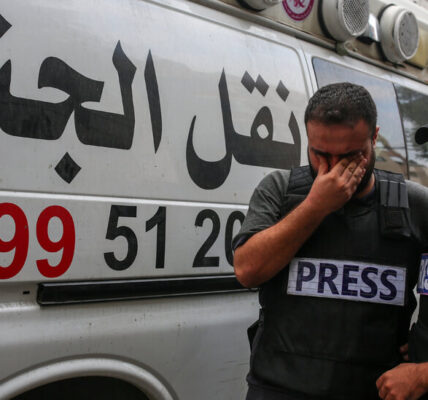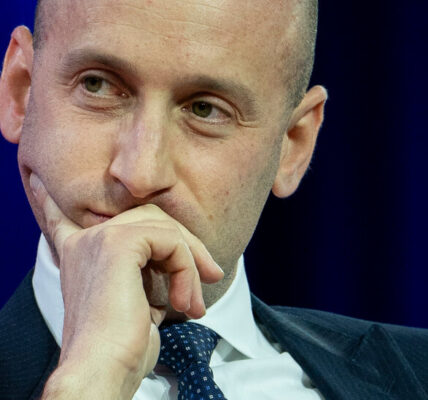Israel is holding local elections on Tuesday, the first time that voters have gone to the polls since the Hamas-led attacks on Oct. 7 and the war in Gaza reshaped Israeli society and put security at the top of the national agenda.
People across the country will pick municipal and regional officials, responsible for issues like education, garbage disposal and park cleaning, in a vote delayed from Oct. 31 because of the war. Results are not expected for a few days because absentee ballots need to be tallied.
While the election will not be a referendum on Prime Minister Benjamin Netanyahu — who opinion polls suggest is historically unpopular — more candidates than in previous elections are choosing not to advertise connections to his party, Likud, said Ariel Finkelstein, a researcher at the Jerusalem-based nonpartisan Israel Democracy Institute, which could be a sign of his declining support.
“Today the thing that concerns Israelis most is personal security,” Mr. Finkelstein said. Though responsibility for security lies with the national government, candidates have responded to the national situation by campaigning on security matters, he said.
The focus on security is a marked shift from before the war, when Israel was gripped by a political and legal crisis over Mr. Netanyahu’s plan to overhaul the judicial system in ways that would weaken the country’s Supreme Court.
Many leaders from the protest movement that fought the overhaul had planned to run in municipal elections, Mr. Finkelstein said. While he estimated that those candidates were still running in about 20 of the 242 local government entities holding elections today, he said the issues had changed.
Protests against Mr. Netanyahu have only recently been gathering strength after a pause in large-scale demonstrations after Oct. 7. In a poll conducted in late January by the Israel Democracy Institute, a majority of respondents said they wanted national elections to be held sooner than their scheduled date in about three years.
Mr. Netanyahu has been pushing back against the idea of holding national elections during a war. Ben-Dror Yemini, a columnist for the Israeli daily Yedioth Ahronoth, wrote on Tuesday that the local elections showed there was no need to wait to hold a national vote.
An additional reminder of the changes since Oct. 7 is that parts of the country near the borders with Lebanon and Gaza aren’t scheduled to vote until November. Most people who were living near Gaza have not returned to their homes since the attack, and areas near Lebanon have been evacuated as cross-border conflicts with the armed group Hezbollah have escalated.




